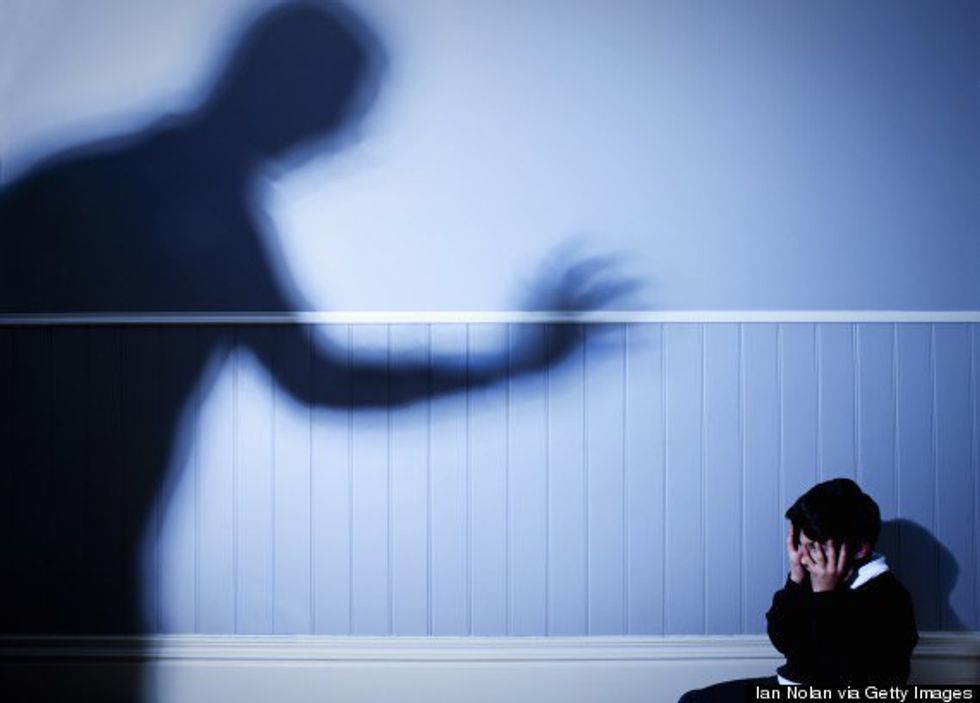I have anxiety. I think in a way we all have it and show it in our own ways. For the 60 million Americans who suffer from anxiety and panic disorders, everyday life can be a little more challenging than most people realize. There’s the dreadful fear of particular events, the looming thought of a panic attack and persistent physical symptoms — and it can be all the more difficult when you feel like no one else understands what’s going on.
How annoying “calm down” is.
The last thing that will calm down an anxious person is telling them “calm down.” In fact, it may make the situation worse. Some research suggests that trying to calm oneself during the middle of an anxiety attack can actually increase the original emotional response in the moment. As a result, by trying not to be afraid, the sufferer may experience a more intensified reaction to what’s making them fearful. Instead of encouraging someone with anxiety to calm down, researchers suggest offering support that shows understanding. Trust me, if we could just calm down, then we would.
Panic attacks are never convenient.
It’s a normal day. You’re getting ready to head out the door when suddenly your chest constricts. Soon you’re engulfed by fear — it’s almost excruciating. And there’s nothing you can do to stop it.
Some panic attacks come out of nowhere, without a whisper of a warning, while others are fear-induced, brought on by confronting the situation that gives them anxiety in the first place. Regardless of when it happens (or how the experience affects you personally), it’s never pleasant — and it’s rarely convenient. When someone suffers from one of these disorders, it’s completely debilitating.
Physical symptoms can show up in unexpected ways.
Anxiety doesn’t just plague the mind — physical symptoms can also stem from the disorder. The high levels of stress commonly associated with anxiety can also produce symptoms that range from hives and rashes to dizziness and exhaustion.
Fear has a different meaning.
When you’re dealing with anxiety, your fears are amplified to an extreme degree — and it’s something that doesn’t necessarily go away. Getting on a plane or walking into a room full of strangers can become excruciating, and there isn’t a quick fix for someone’s feelings, as much as we wish we could just snap our fingers.
Being anxious is more than just being stressed out.
When you tell someone you have anxiety, sometimes their first reaction is to try to relate (even though stress and anxiety can be inherently different). This expression of empathy comes from a genuine place, but as most people struggling with the disorder know, it isn’t always the most helpful.
Studies have shown that stress is a contagious emotion. When you have two people commiserating on the negative — even if it’s coming from a place of support, it’s not always so healthy.
How exhausting overthinking is (but you can’t help it).
It’s a toxic cycle: Your thoughts become your worries and your worries become your thoughts. But dwelling can have its consequences. Researchers found that ruminating on negative thoughts is one of the biggest predictors of depression and anxiety and the psychological response to events happening is even more paramount than what actually happened.
Your phobia can often be a punchline.
Researchers say that many people will get enjoyment out of springing triggers on people with phobias, like showing a picture of a spider to someone who has arachnophobia (fear of spiders). Whether they have the intention of being insensitive or not, he suggests tapping into your empathetic side before making a joke. Have an appreciation for the fact that their fears, while irrational and tough to understand, for that person they’re totally real.
The uneasy feeling that can come with a pill bottle.
There can be a stigma attached to healing emotional and mental disorders through medication — and those who may be using medicine to help with their anxiety may be all too familiar with the uneasy feeling that comes with taking their pills. The stigma is just another outward sign of the fear of uncertainty.
There is absolutely a way to move on if you’re suffering from anxiety, whether it’s through medication, talk therapies or both. There are multiple methods of treatment — it’s all about finding what works best for you.







 Photo by
Photo by  Photo by
Photo by  Photo by
Photo by 



















